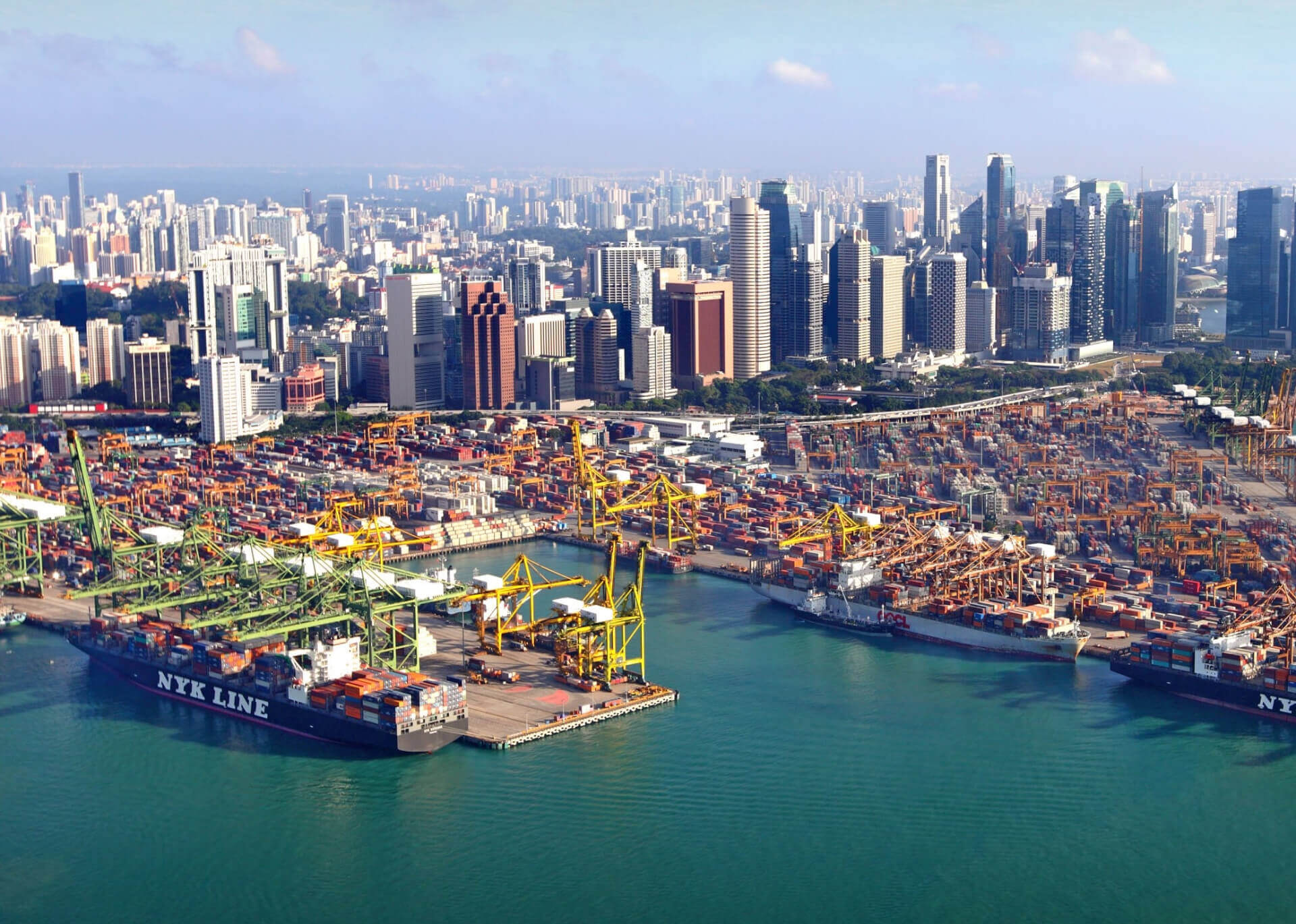White paper finds more than 40% of Southeast Asia’s shipping pollution linked to Singapore bunker sales

The International Council on Clean Transportation (ICCT), a Washington-based independent nonprofit organization, has released a white paper on greenhouse gas (GHG) air and water pollution associated to marine fuel sales at the Port of Singapore.
According to the study, if the GHG emissions from the residual fuel sold by the largest bunkering hub, which accounted for one-fifth of all marine fuel sales reported globally in 2019, were taken into account, its total emissions impact would be four times higher than its national inventory, increasing emissions per person to six times the global average.
The study by Xiaoli Mao, Dan Rutherford, Liudmila Osipova, and Elise Georgeff discovered that while Singapore’s marine fuel sales have an impact on the environment globally, most of the pollution is localized in the seas and coastal regions that Singapore’s neighbors.
Marine residual gasoline marketed in Singapore is thought to be responsible for more than 42% of all shipping particulate matter (PM)2.5 in the seas surrounding Southeast Asia. Additionally, hotspots can be detected in the South China Sea, the Indian Ocean, and much of Oceania, including Australia’s western and southern coasts.
Due to the narrow extent of its exclusive economic zone (EEZ), the authors stated that Singapore is low in terms of absolute emissions, but is high in terms of the relative contributions of PM2.5 (35 percent) and NOx (29 percent) from ships burning residual petroleum bunkered in Singapore.
Neighboring countries, including Malaysia (37% of shipping PM2.5), Vietnam (30%), Sri Lanka (25%), Indonesia (23%), and India (22%), are also said to be heavily impacted by Singapore marine fuel sales.
The article also emphasized that Singapore’s marine fuel sales have a greater impact on scrubber wash water discharges than they do on PM2.5 and NOx emissions. “Despite scrubber wash water discharge bans in some countries, marine petroleum bunkered in Singapore is reported to be responsible for at least 40% of all scrubber discharges in the most severely impacted locations, including Vietnam, Malaysia, Sri Lanka, India, China, and Singapore itself,” it stated.
Given Singapore’s central position in the bunkering of fossil fuels, the associated air and GHG pollution from those fuels, and the significant public health effects of shipping air pollution in Asia, the ICCT findings suggest that a better understanding of pollution from marine fuels bunkered in Singapore is needed.
It further emphasized that Singapore would need to step up efforts to supply renewable fuels, explore extra steps to shift away from fossil fuel bunkering, and rethink any further investments in liquefied natural gas in order to remain a major bunkering port (LNG).
The research stated that including shipping in Singapore’s domestic GHG inventory and Nationally Determined Contribution will further show the nation’s commitment to decarbonizing its marine fuel sales.
Also Read: Singapore Bunker Contamination Reports
Click here to join our Telegram chanel
You will get information, news, and support related to Merchant Navy.
